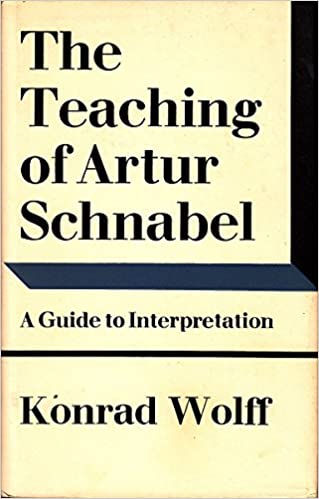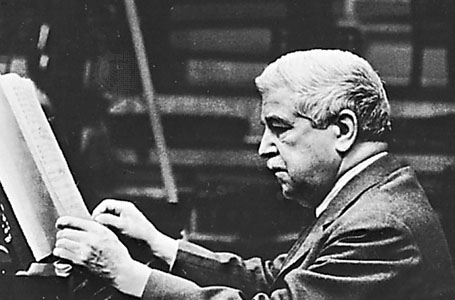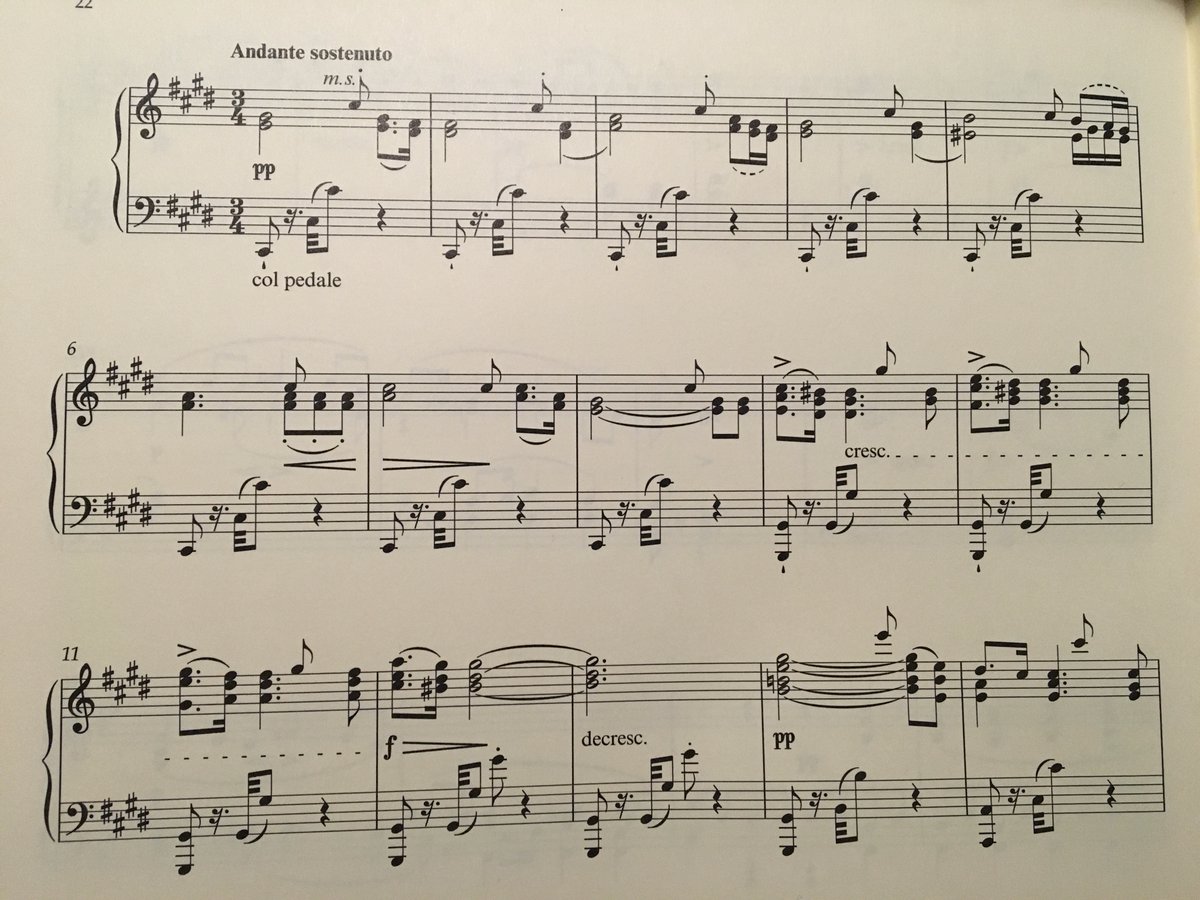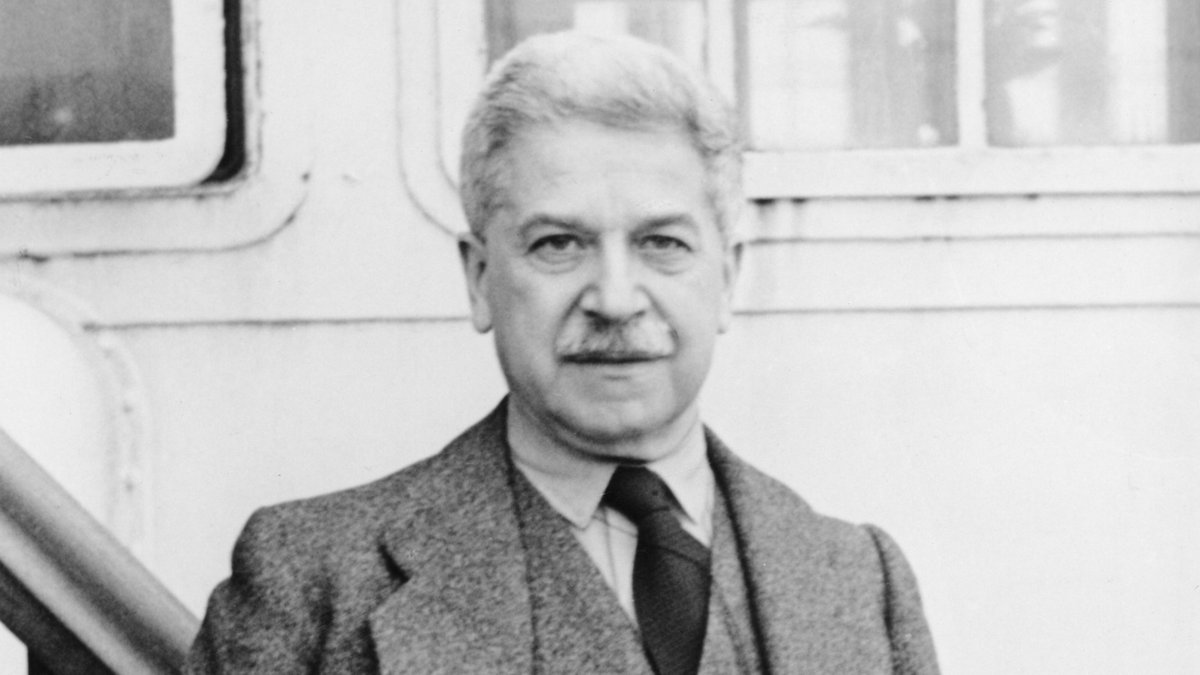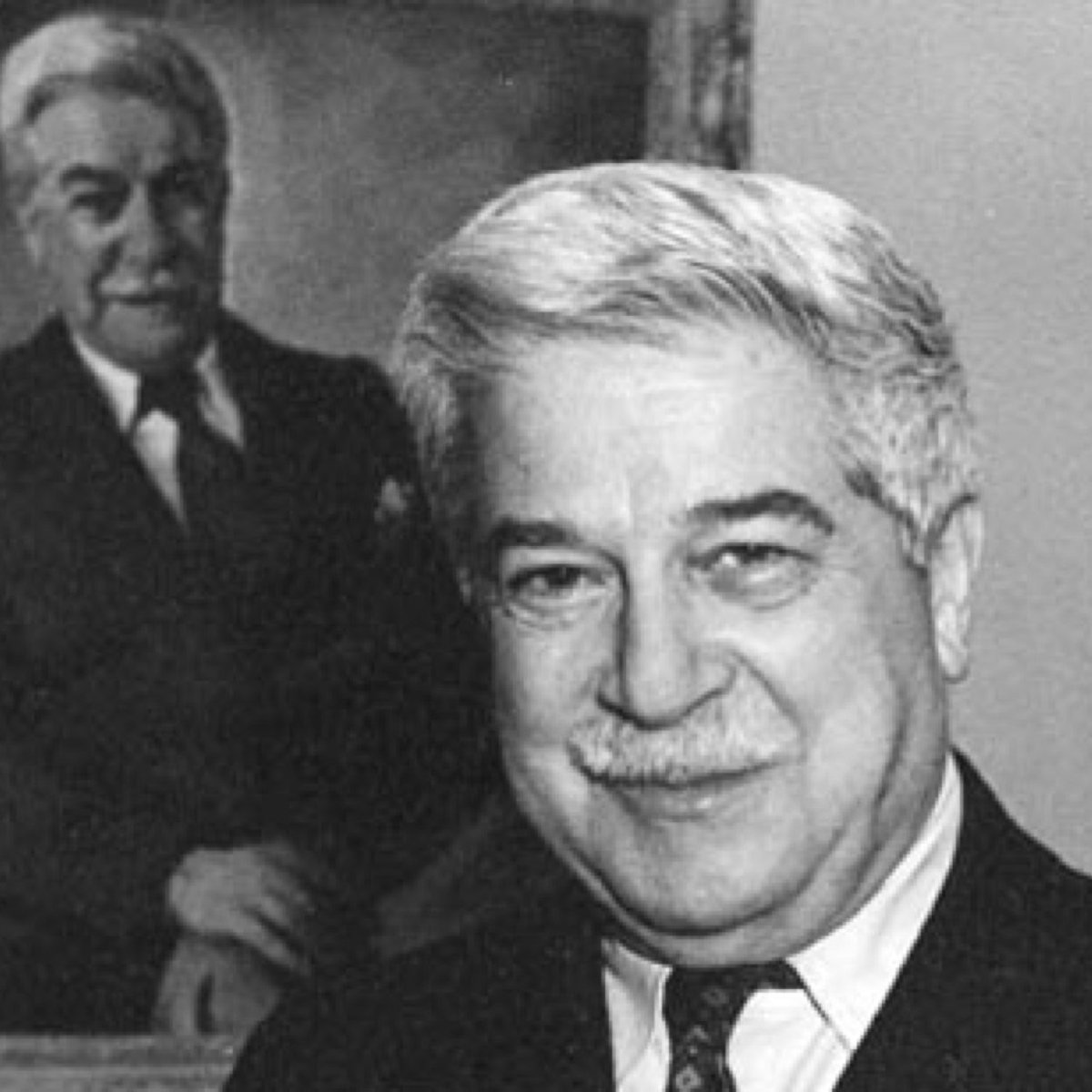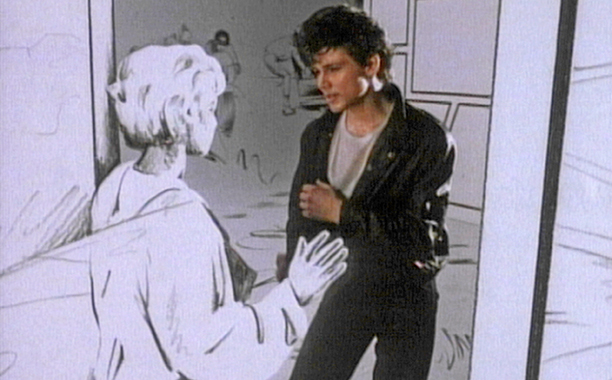En esta conversación de 1979, Alfred Brendel y Konrad Wolff, autor de “The Teaching of Artur Schnabel. A Guide to Interpretation”, discuten sobre ciertos puntos en los que Brendel no coincide con Schnabel.
Para Wolff, Brendel es el primer pianista desde Schnabel que ha gozado de plena autoridad en la interpretación de Mozart, Beethoven y Schubert. Además, en su opinión, su enfoque tiene mucho en común con el de Schnabel en los detalles de fraseo, tempo y dinámicas.
Sin embargo, hay varias opiniones en las que Brendel difiere de Schnabel. Para Brendel, las frases son como curvas que no necesariamente se miden por compases: “Very often for me the art of phrasing consists in forgetting about bars, ignoring bars and seeing large units”.
Por su parte, de acuerdo a Wolff, Schnabel veía las frases en función de la respiración y del énfasis al principio o al final: “he wanted to know how far he was to play before there was a breath (…), a phrase begins and then goes from there, or else it ends and goes to there”.
Mientras la interpretación de Schnabel suele asemejarse al lenguaje, para Brendel la música no puede organizarse de esa manera. Ambos coinciden en que la continuidad es la base del fraseo: “The last note of one phrase is frequently the first note of the next”.
Otro punto en el que Schnabel y Brendel difieren es en el tempo. Mientras que Schnabel solía ir a los extremos en el tempo, Brendel busca una mayor variedad: “Dealing with tempo (…) there must be as much variety as possibly at the command of the player”.
Para Schnabel, en la mayoría de las composiciones para piano, el compositor quería que su música sonara como piano y nada más. Brendel opina lo contrario: "I would think, if I looked at the latent possibilities in most piano works, that piano pieces are rather reductions…
…They are usually reductions of musical ideas which belong to the orchestra, to chamber music, to the voice -whatever you name. A reduction so that one player, without having to compromise with others, can master them -at a price. I think the price should be as low as possible.”
A pesar de las discordancias que pudiera tener con Schnabel, sin haber sido su alumno, ni haberlo escuchado en vivo ni haberlo conocido, Brendel lo considera como uno de los grandes músicos con los que se identifica (“both in admiration and criticism”).
https://t.co/p0gloddAz8
Hay varios puntos de vista en los que Brendel coincide con Schnabel. “Like Schnabel, I feel that analytic insights have a direct bearing on performance and that analysis should be the outcome of an intimate familiarity with the piece rather than an input of established concepts”.
Brendel y Schnabel consideran que es un error imaginar que todas las notas deban ser ejecutadas con la misma intensidad y ser claramente audibles. “Complete and permanent clarity of execution is a manner of playing which, instead of serving the music, is content with itself”.
“‘The performer’s inner ear hears everything twice: each little bit is mentally anticipated as well as checked out by later control.’If all goes well, these two perceptions are blended into one or, as Schnabel phased it: ‘The conception materializes and…
…the materialization re-dissolves into conception.’ An event as mysterious as parallel lines meeting in the infinite. If all went well, Schnabel made them meet.”
https://t.co/oM7NZj6vf3
